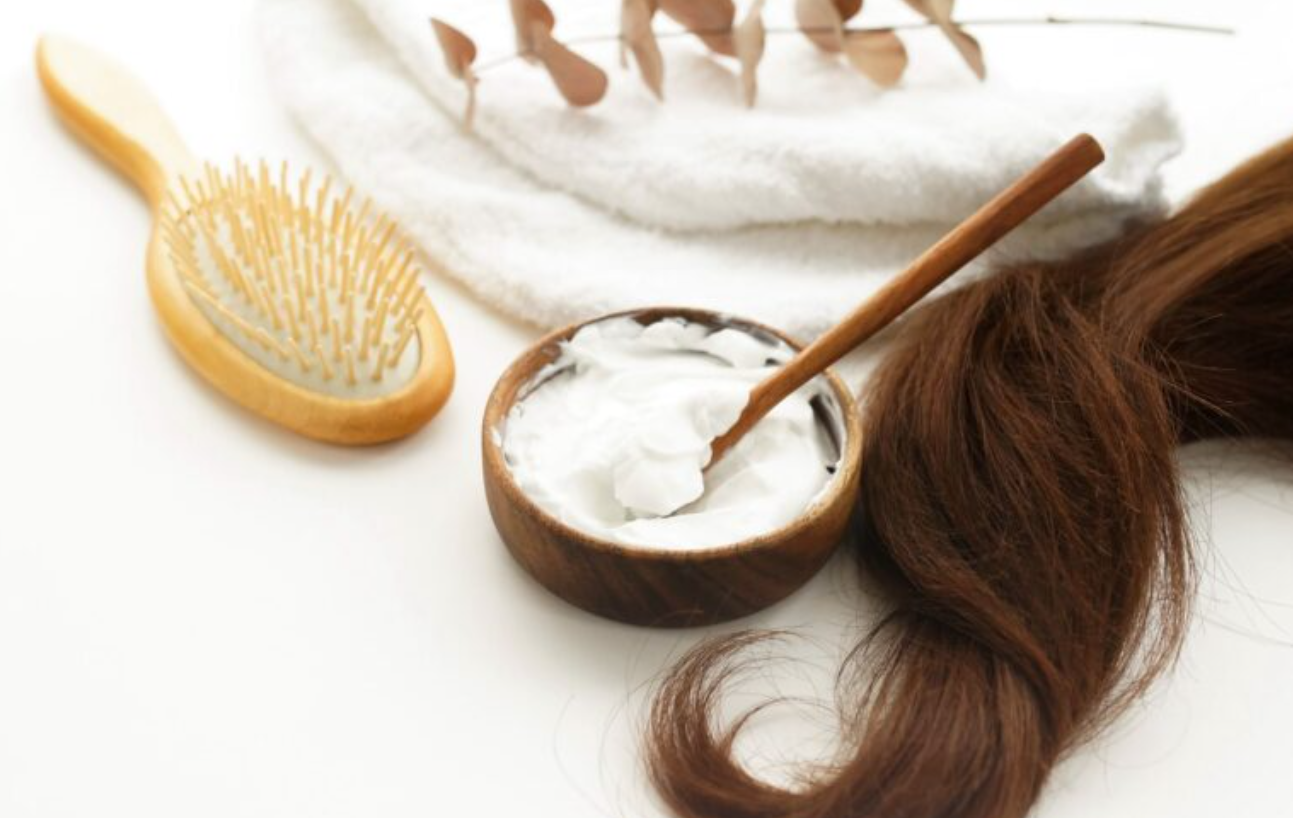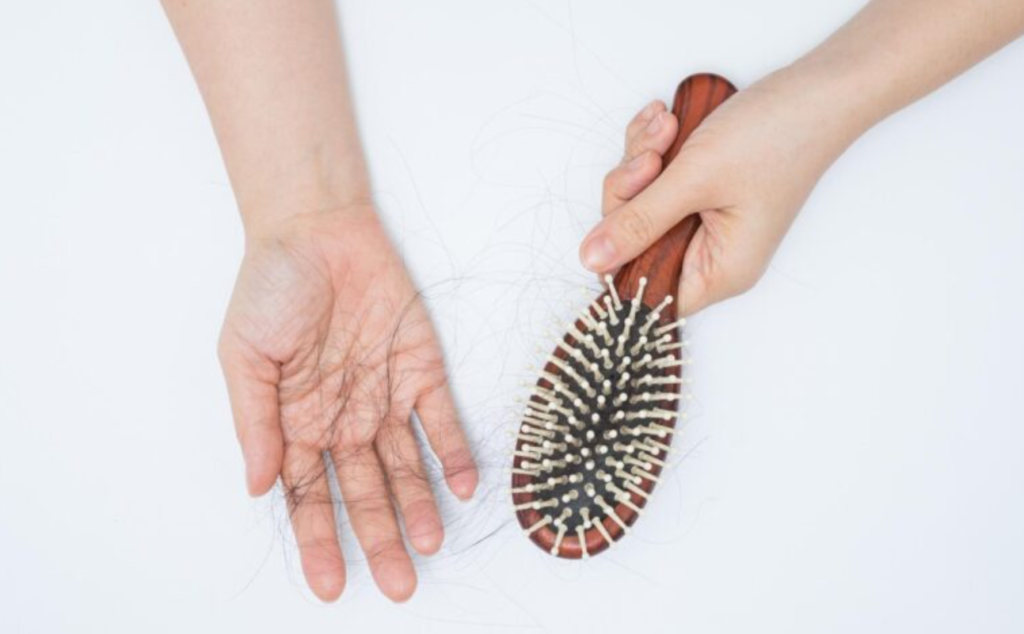10 Tips on How To Stop Natural Hair Breakage
Introduction
Hair is more than just a style statement; it’s a reflection of health and care. Understanding how to prevent natural hair breakage is crucial for nurturing strong, beautiful locks.

Importance of Healthy Hair
Healthy hair not only enhances confidence but also signifies overall well-being.
Understanding Natural Hair
Exploring the structure of natural hair helps in comprehending why breakage occurs.
Hair Structure and Breakage
The unique structure of natural hair makes it susceptible to breakage under specific conditions.
Common Causes of Hair Breakage
Several factors contribute to natural hair breakage, ranging from environmental elements to daily haircare practices.
Environmental Factors
External factors like harsh weather conditions or pollutants can weaken hair strands.
Haircare Practices
Certain routines, such as excessive styling or using harsh chemicals, can lead to breakage.
RELATED ARTICLE : 10 BENEFITS OF CLEAR STEM SKINCARE
10 Tips on How To Stop Natural Hair Breakage
Implementing these effective strategies can significantly reduce hair breakage and promote healthier hair.
Use of Moisturizing Products
Hydration is key! Opt for moisturizing shampoos and conditioners to nourish your hair strands.
Protective Styling
Protective styles like braids or twists shield your hair from manipulation and external stressors.
Regular Trimming
Trimming split ends regularly prevents hair breakage from traveling up the shaft.
Avoiding Heat Styling
Excessive heat damages natural hair; minimize heat styling for stronger locks.
Proper Diet and Hydration
A balanced diet and adequate hydration contribute to healthy hair growth and strength.
There’s actually a lot to the old saying “you are what you eat,” especially when it comes to hair and skin health.
Certain nutrients help your hair grow Trusted Source and stave off breakage from damage. Make sure you’re getting enough zinc, iron, and folic acid in your daily diet.
Gentle Hair Handling
Handle your hair with care, avoiding rough combing or brushing to prevent breakage.
Choosing the Right Hair Tools
Use gentle, wide-tooth combs and avoid harsh materials that can damage your hair.
Sleeping on Silk/Satin
Silk or satin pillowcases minimize friction, reducing hair breakage while sleeping.
Avoiding Over-Manipulation
Frequent styling and manipulation weaken hair; allow your hair to rest to prevent breakage.
DIY Hair Masks and Treatments
Natural treatments like deep conditioning or oil masks rejuvenate and strengthen hair.
Building a Hair Care Routine
Crafting a comprehensive hair care routine tailored to your hair’s needs is essential.
Cleansing and Conditioning
Proper cleansing and conditioning keep your scalp and hair healthy.
Deep Conditioning and Treatments
Periodic deep conditioning treatments restore moisture and strength to your hair.
Detangling Techniques
Use gentle detangling methods to avoid breakage while removing knots or tangles.
Scalp Care
A healthy scalp is the foundation for strong hair; prioritize scalp care in your routine.\
RELATED ARTICLE :5 BENEFITS OF BEESWAX FOR HAIR
Styling Practices
Adopt styling practices that minimize stress on your hair for optimal health.
Addressing Hair Breakage Myths
Dispelling common myths about hair breakage helps in adopting effective hair care practices.
Common Misconceptions
Understanding and correcting misconceptions about hair breakage aids in better care.
Debunking Haircare Myths
Separating facts from myths is essential for nurturing healthy natural hair.
Conclusion
Nurturing your natural hair involves understanding, care, and commitment. Embrace these tips to enjoy healthy, breakage-resistant hair.
RELATED ARTICLE :15 BEST HAIR OILS FOR DANDRUFF
Tips for Healthy Hair
To prevent future hair breakage, consider the following hair care tips:
- Wash and condition your hair daily, but gently.
- Use a swimmer’s shampoo and conditioner set after going to a pool.
- Try to let your hair air dry when possible.
- Make sure all weaves and extensions are light so they don’t pull on the scalp.
- Consider a new hairstyle that requires less damaging maintenance.
- Eat a nutrient-dense diet to make sure your hair gets all the nutrients it needs.
- Avoid wearing tight hats for fashion — save these for sun protection only.
FAQs
Q: Is trimming hair regularly essential to prevent breakage? A: Yes, regular trims are vital for maintaining healthy hair. Trimming eliminates split ends, preventing them from splitting further up the hair shaft, which can lead to breakage.
Q: How often should I wash my natural hair to prevent breakage? A: The frequency of washing depends on your hair type and lifestyle. Generally, washing natural hair once or twice a week with sulfate-free shampoos can help maintain moisture and prevent breakage.
Q: Can using too many hair products cause breakage? A: Yes, excessive use of products or using the wrong products can lead to buildup, which weighs down the hair and makes it more prone to breakage. Use products sparingly and choose those suited for your hair type.
Q: How can I prevent breakage while detangling my hair? A: Detangle your hair gently, starting from the ends and working your way up using a wide-tooth comb or your fingers. Apply a detangling conditioner or oil to ease the process and prevent breakage.
Q: Does heat damage contribute to hair breakage? A: Yes, excessive heat styling can damage the hair shaft, leading to breakage. Limit the use of heat styling tools and always use a heat protectant before styling to minimize damage.
Q: Can certain hairstyles cause hair breakage? A: Yes, tight hairstyles like high ponytails or braids can exert tension on the hair, leading to breakage. Opt for looser styles and avoid constant tension on the hairline to prevent breakage.





